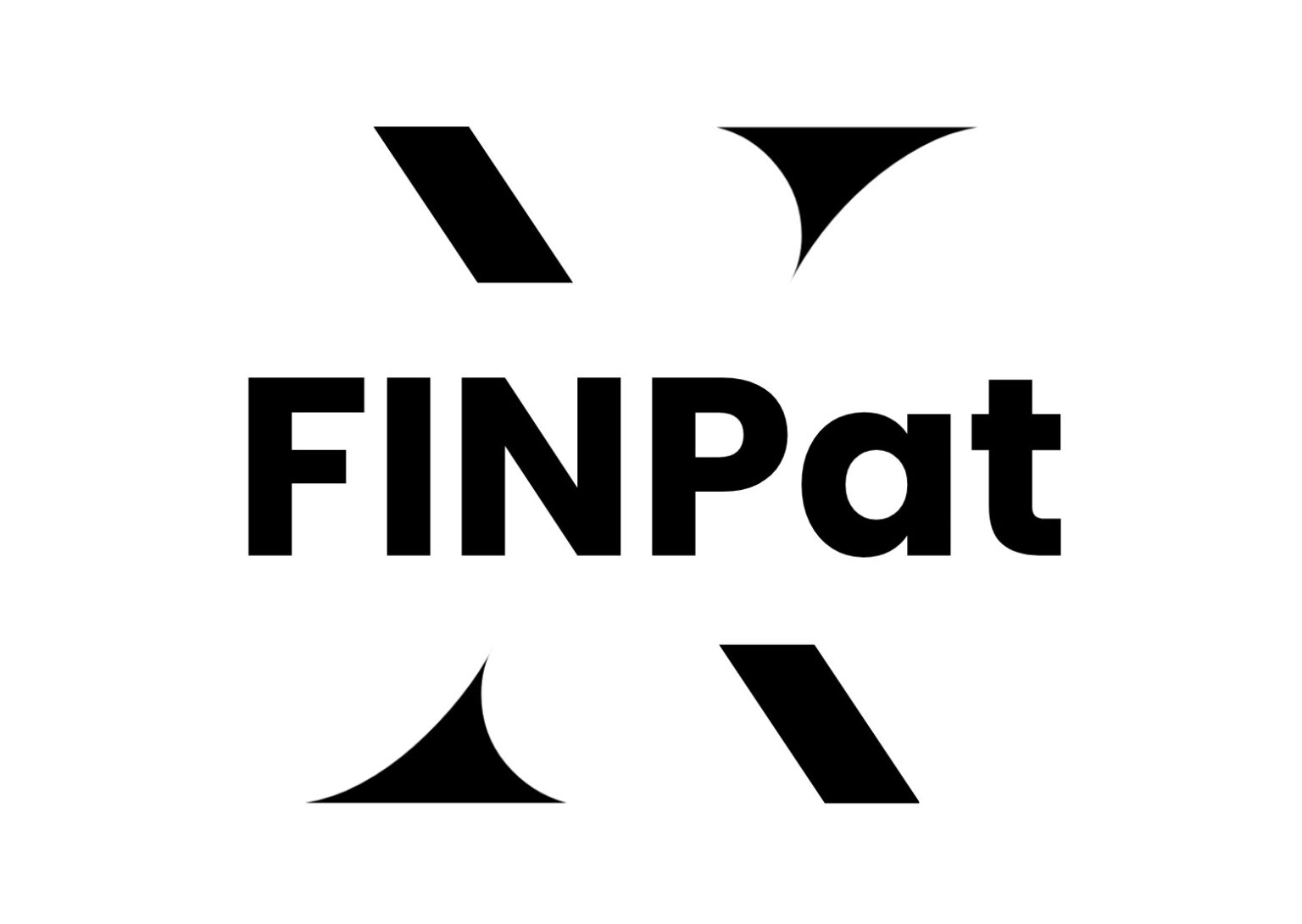Want your money to work for you — without the risk of investing? A high-yield savings account (Tagesgeldkonto) is a safe and flexible way to earn interest on your cash in Germany.
In this guide, we’ll cover:
- What high-yield savings accounts are
- How they work in Germany
- What interest rates you can expect in 2025
- Key benefits and limitations
- Tips for expats on choosing the best account

💰 What is a High-Yield Savings Account?
A high-yield savings account is a type of interest-bearing deposit account offered by banks. In Germany, these are typically called Tagesgeldkonten (day money accounts), meaning your funds are accessible at any time.
These accounts:
- Offer higher interest rates than traditional checking accounts
- Have no fixed terms or penalties for withdrawal
- Are protected by deposit insurance up to €100,000 per person per bank
📊 Current High-Yield Interest Rates in Germany (2025)
Interest rates on Tagesgeldkonten have been rising due to changes in the European Central Bank’s base rate.
As of Q2 2025, typical interest rates:
- Between 2.5% and 4.0% p.a.
- Some banks offer introductory rates up to 4.5% for 6–12 months
👉 Tip: After the intro period, the rate often drops, so it’s worth reviewing your account annually.
🌍 Are These Accounts Good for Expats?
Yes! Tagesgeldkonten are especially great for expats who:
- Want to save in euros
- May not be ready to invest in stocks or real estate
- Need liquidity while earning better interest than from a Girokonto (checking account)
Good to know:
- Most banks allow online account opening
- Some require a German tax ID (Steuer-ID) and Schufa check
- EU-wide deposit insurance applies up to €100,000

✅ Benefits of High-Yield Savings Accounts
- Flexible access to your money (daily withdrawals)
- No risk of loss (unlike stocks or ETFs)
- Interest paid monthly or quarterly
- Easy to manage online or via banking apps
⚠️ Limitations to Consider
- Interest rates are variable (they can go down)
- Inflation may outpace your savings
- Some banks offer tiered rates (e.g., higher interest only on the first €50,000)
- Not suitable for long-term wealth building alone
🏦 What to Look for When Choosing an Account
When comparing high-yield savings accounts, consider:
- Base interest rate vs. promotional rate
- Payout frequency (monthly vs. annually)
- Minimum deposit requirements
- Fees or conditions
- Whether the bank is German-regulated (for easier communication and tax reporting)
💡 Pro tip: Look for banks that offer full English-language support if you’re new to German banking terms.
Ofcourse, you could always get in touch with us, and we could help you in completely managing your finances in Germany and help your money do the work for you!
🧾 Tax Tip for Expats
In Germany, interest income (Zinserträge) is subject to tax. The capital gains tax (Abgeltungssteuer) is currently 26.375% including solidarity surcharge.
- You can apply for a tax-free allowance (Sparerpauschbetrag) of €1,000 per person per year via a Freistellungsauftrag at your bank.
- If you’re a tax resident in another country, check if a double taxation treaty applies.
📌 Final Thoughts
A high-yield savings account is a smart, low-risk way to park your emergency fund or short-term savings. As interest rates rise in 2025, now’s a great time to compare offers and make your money grow.
Need help finding the best savings account for your needs?
👉 Contact Finxpat — we’ll help you make an informed decision.


